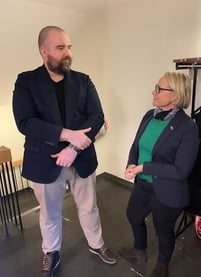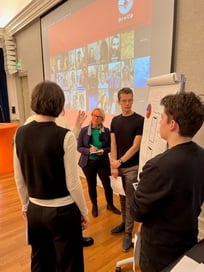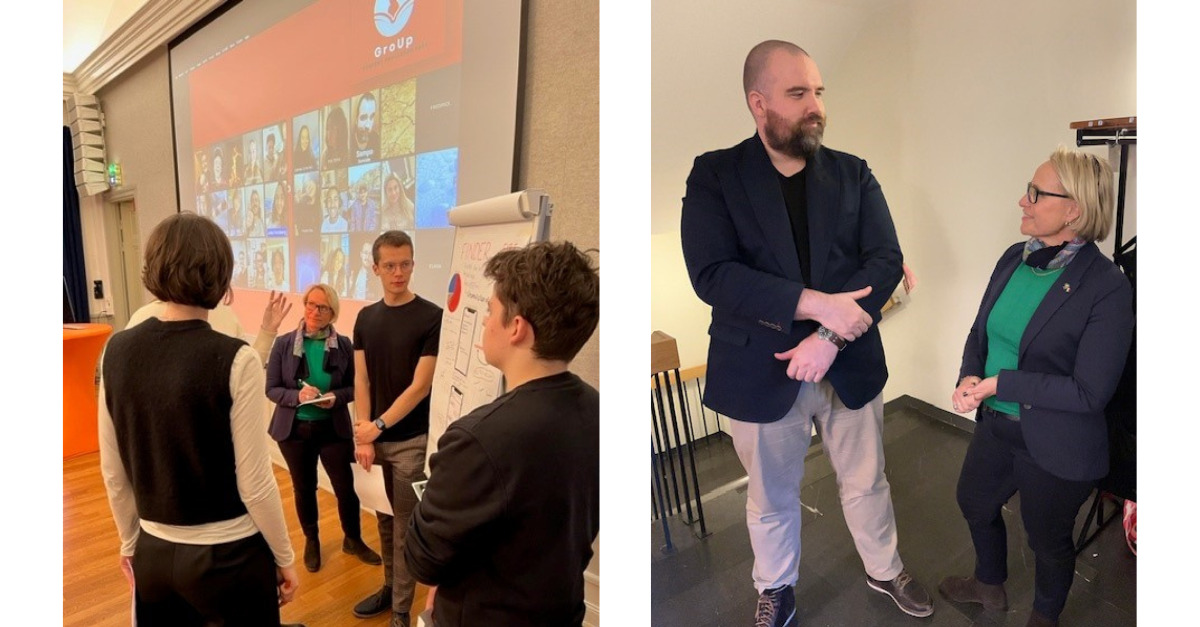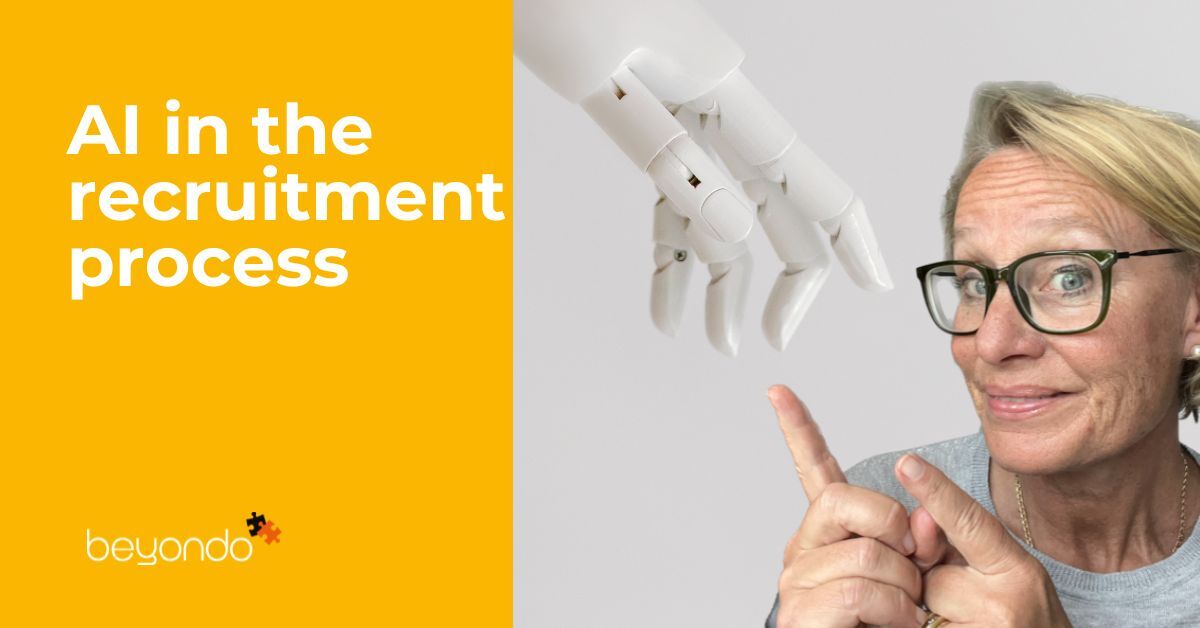We have spoken to Sampo Sorvisto who is an international student in Sweden. He is currently writing his thesis for his master’s at the University of Uppsala. He came to Sweden to study for a Master of Medical Science - Global Health.
We are curious to know why he chose to study in Sweden, what he has learned from his time here in Sweden, what his advice would be for other students that wish to study here and most important, what expectation has he when he will be entering the job market again, after having finished his Master degree.
Expectations of the 2023 job market after finishing your Master 
Newly graduated or just finished your master’s degree and entering the job market in 2023? What are the expectations of today’s Master's students?
Studying in Sweden is different from studying in other countries because Swedish universities have a climate with a strong focus on group work. The Swedish education system focuses more on your academic interest than pushing you to achieve a specific grade.
Sampo, you have been studying both in Finland and Sweden. What would you say is the biggest difference between studying in Sweden vs in Finland?
Well, both countries share a lot of similarities though. It has been very interesting to live and experience that there are differences, despite our similarities, being a Nordic country.
The biggest difference is, however, the language! From a ‘stereotypical’ point of view, in Finland, I have always heard that they make fun of the Swedish ‘meeting culture’. When now living and studying in Sweden, I do understand where the stereotyping comes from. Here everyone – even if we are students, the consensus culture is very strong – even if we are a group of international students on the program. ‘Everyone needs to have a say’, whereas in Finland at one point, a decision is just being hammered, even if some people get annoyed by it.
I have learned that both ways work, in Sweden there lies more responsibility on the student to make it happen, one needs to be proactive to achieve goals. Finland, however, also emphasizes self-studies.
Why did you choose to study in Sweden?
I always wanted to work internationally and I have always had a good eye towards Sweden I was especially curious to experience living in Uppsala. So I chose Uppsala as the town I wanted for my thesis and then chose the Thesis from what Uppsala had to offer.
What have you learned from spending time in Sweden?
I do understand the impression ‘lagom’ very much now! You do not get ‘grades’ in Sweden, you pass or not pass. For me, it would have been good to have a grade or feedback on how well I did do something. It seems like here it is better ‘to leave it in the middle’.
For me studying health informatics, I am quite ‘IT savvy’, but I still thought it was difficult and very bureaucratic to get access to a bank, especially as the chairman of a student association. A lot of paperwork and bureaucracy made the process very slow.
You have a background as a nurse and have chosen Global Health with 2 Masters,
Finland: the University of Eastern Finland - Master of Social Sciences - Health and Human Services Informatics
Sweden: Uppsala University - Master of Medical Science - Global Health
What do you expect from the job market with your education? Are you planning to stay in Sweden?
I like Sweden and I have had a great time here. A degree in Finland (IT and organizational Management within Healthcare) I would consider as my main course and the Master's in Sweden as an extra spice to my career. As much as I would like to stay in Sweden, I think the work field I emphasize to continue within, requires me to speak perfect Swedish. I grew up learning Swedish and I manage with my ‘Finland- Swedish’, but it is not ‘good enough for business’. And if I should work within governmental health organizations, I am afraid I will not be able to work in Sweden due to my lack of a high level of Swedish.
I am personally not worried about the future, or about what the job market looks like now in 2023. I have chosen a specific and specialized area of study and this can apply within the public or private sector. And as I am still a registered nurse, I can always fall back on working within healthcare. That I could do in both countries.
We met at the GroUp Challenge that took place in Stockholm in December 2022, a program in cooperation with Uppsala University and Groningen University in The Netherlands. There you got to work in groups to come up with a solution that could help students to land a job after graduation.
What solution did your group come up with?
Our group visioned a hybrid model of on-locale events that combine with an online platform where keynote speakers from the events and participants are registered. Registering on this platform means that you can connect straight with exciting people and also for example see some of the talks hosted by a keynote, which a person didn't see live.
What did you learn the most from taking part in this ‘student challenge’?
First of all, it was a privilege to be selected to be a part of this program. There were many applicants, so I was lucky to have been chosen. The interesting thing about this program was that there were students from all over the world, even only represented by a Dutch and a Swedish University. I, being already 36 years of age, found it interesting to do group work with let’s say, Generation Z. I realized that they are more pragmatic on globalism. I grew up having learned about stereotypes of various nationalities. Here we were a group of international students and they did not care where one comes from. I would say ‘hello, I am Finnish and my name is Sampo’, but here it was the other way around; ‘I am Maria’! And the nationality did not matter! I was meeting with ‘Maria’ as an individual, as a person, not because she was of a certain nationality. I thought this was a great experience! It was like they were more aware that they already have a mundane view of life!
Final question:
What would your advice be for international (students) considering studying, living and working in Sweden?
Sweden (I would in other media say Nordics, but let's keep it at Sweden) offers great ways to study/work in an environment that respects your boundaries and promotes living a life that is not just school/work but wants you to live your life to the fullest at the same time. Professors or bosses don't expect you to be "on the call" 24/7 so if you want to see and visit nature on weekend (highly recommended) you will know that nobody from the work will be calling you. You can study/work hard, but also able to relax and enjoy Swedish nature and culture.
Thank you Sampo, we wish you the best of luck with finalizing your thesis and entering the job market during 2023 – whether it will be in Sweden, Finland or elsewhere!


